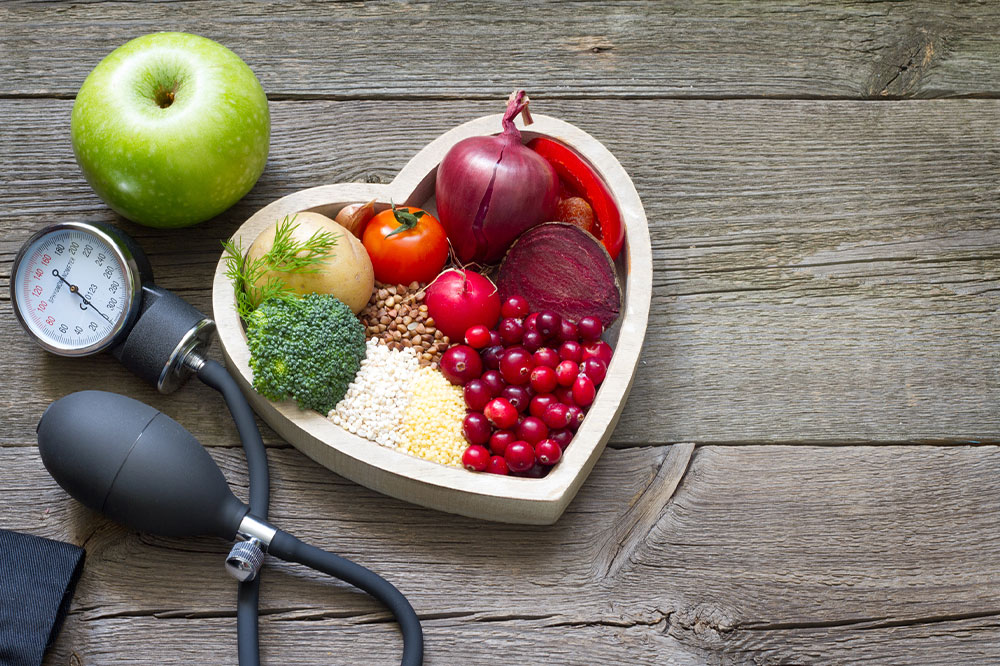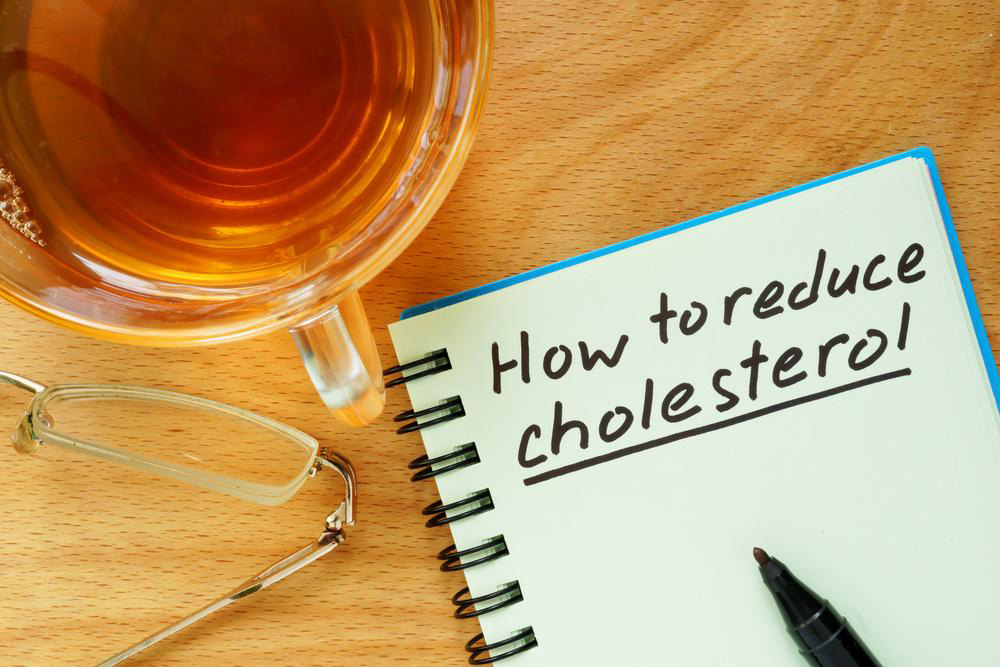Effective Natural Methods to Lower Cholesterol Naturally
Discover natural and effective ways to lower cholesterol levels through diet, exercise, and lifestyle changes. Incorporate plant-based foods, regular physical activity, omega-3 fats, and fiber while avoiding trans fats and excess sugars. These strategies promote heart health and help maintain balanced cholesterol, reducing the risk of cardiovascular diseases naturally.

Effective Natural Methods to Lower Cholesterol Naturally
Cholesterol, a fatty substance produced mainly in the liver, plays vital roles in the body. It consists of LDL (bad cholesterol) that can lead to artery blockages, and HDL (good cholesterol) which helps remove excess LDL. Adjusting lifestyle habits can greatly improve cholesterol levels and reduce health risks. Natural strategies include following a plant-based diet, exercising regularly, increasing omega-3 consumption, avoiding trans fats, and consuming soluble fiber. These approaches support heart health and maintain balanced cholesterol levels effectively.
Emphasize a plant-based diet
Consuming fruits, vegetables, nuts, seeds, and whole grains helps lower LDL cholesterol. Beneficial foods include apples, avocados, kale, broccoli, almonds, walnuts, pumpkin seeds, flaxseeds, brown rice, and quinoa. Incorporating beans and legumes enhances protein intake and promotes cardiovascular wellness.
Exercise regularly
Consistent physical activity is essential for maintaining healthy cholesterol. Combining aerobic exercises like walking, swimming, or cycling with strength training such as push-ups or lunges offers comprehensive benefits. Experts recommend at least 150 minutes of moderate-intensity activity weekly to improve cholesterol profiles and overall health.
Boost omega-3 intake
Omega-3 fatty acids are beneficial for heart health, primarily by lowering triglycerides. Sources include fatty fish like salmon, mackerel, sardines, tuna, and herring. Plant-based options like flaxseeds and walnuts are excellent alternatives. Flaxseeds also contain polyphenols that help prevent cardiovascular diseases and certain cancers.
Avoid trans fats
Trans fats are harmful to heart health, commonly found in hydrogenated oils in margarine, baked goods, fried foods, and processed snacks. Checking ingredient labels helps identify and eliminate these unhealthy fats, which raise LDL and reduce HDL cholesterol levels.
Enhance soluble fiber consumption
Soluble fiber binds cholesterol in the digestive system, aiding its removal. Foods like oats, barley, whole-grain bread, beans, lentils, apples, pears, and vegetables like Brussels sprouts are rich sources. Gradually increasing fiber intake prevents digestive discomforts such as bloating or constipation.
Reduce saturated fats
Limiting saturated fats can lower LDL cholesterol. Choose lean meats like skinless poultry, seafood, and plant-based fats. Instead of beef, butter, cheese, or coconut oil, opt for healthier options like turkey, shrimp, salmon, or trout.
Manage stress properly
Chronic stress can increase harmful cholesterol levels. It triggers hormone release that affects cardiovascular health, raising the risk of high blood pressure and heart attack. Relaxation techniques such as meditation, yoga, deep breathing, and tai chi support mental well-being and cholesterol control.
Limit added sugars
High sugar intake raises LDL and triglycerides while lowering HDL. Cutting back on sweets, pastries, sodas, and fruit juices enhances lipid balance. Use natural sweeteners like honey or unsweetened applesauce as healthier options.


